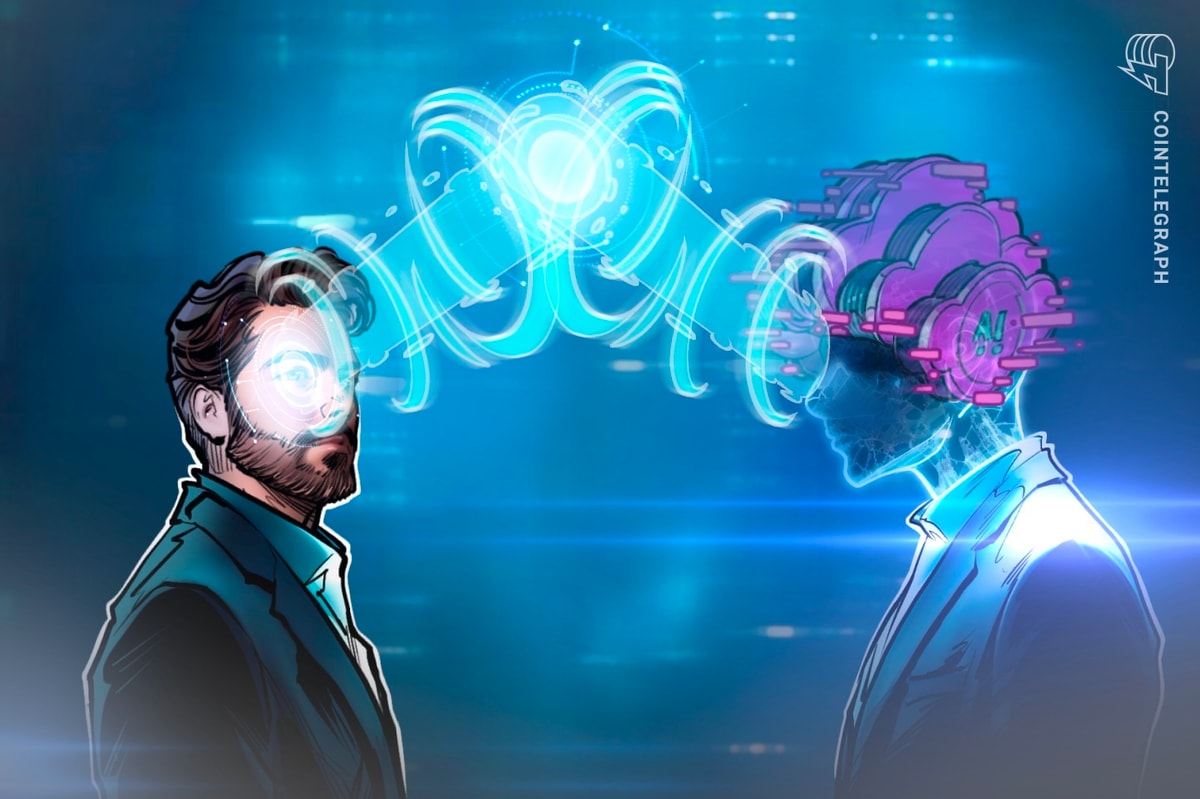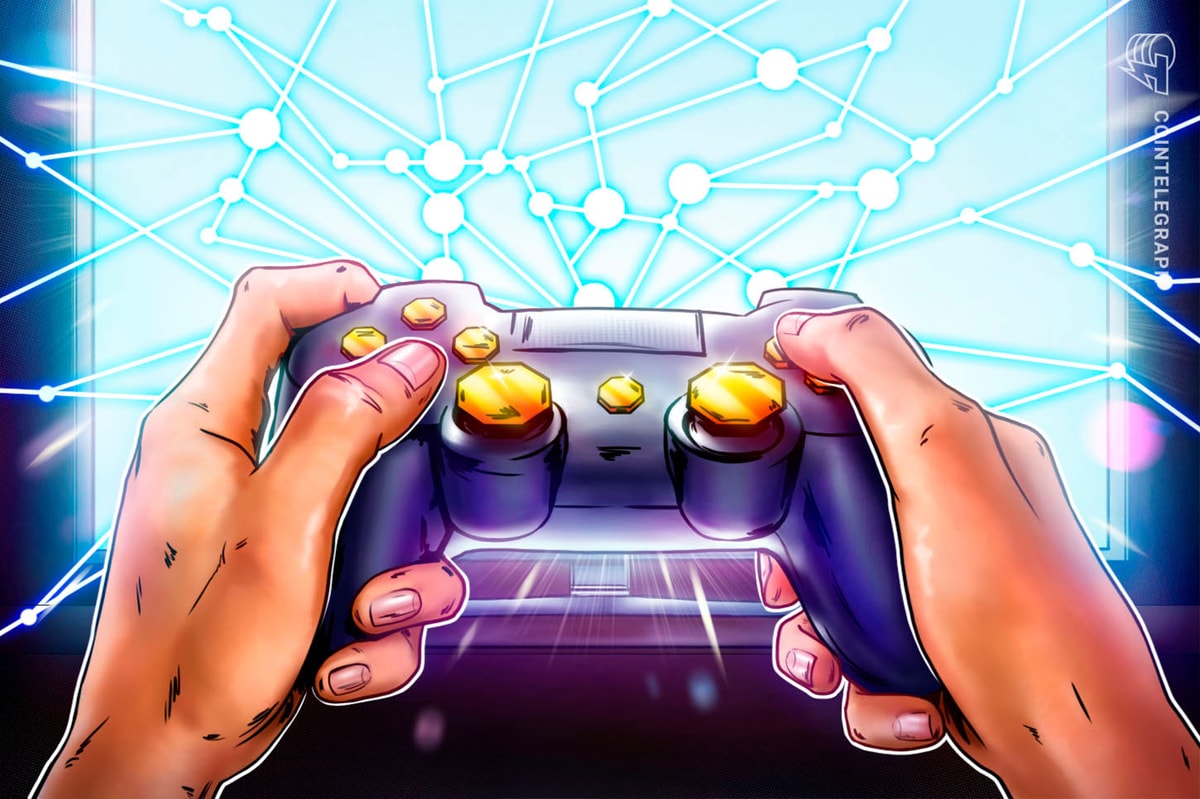By Amanjot Malhotra
Web3 gaming has been making much noise in the blockchain world lately. Although Web3 gaming is still in its infancy, more and more Web3 decentralized applications (dApps) and games are being created daily, bringing us closer to this reality.
The future of Web3 in India is being driven by youth, and Indian Web3 professionals are younger than their international colleagues, according to a recent Kucoin survey. There is much to celebrate for web3 gamers in India, which is home to roughly 430 million gamers, a number is predicted would rise to 650 million gamers, now that the creative play-to-earn concept has entered the scene.
Revenue opportunities for both developers and players
By possessing tokens within the game that can be used, bought, or sold on the blockchain, gamers on the next generation of gaming platforms will be able to earn money while playing their favourite games from anywhere on the globe. The gaming business is ripe for disruption by these new platforms as it allows players to make money through play-to-win games where users become both the product and the economy, rather than just the economies that support these gaming companies.
A big chance to disrupt exists here, as shown by the fact that 2% of the GDP of the Philippines came from play-to-earn games in 2021. In the future, play-to-earn games may provide players with a different source of income to help them get out of difficult financial positions in struggling countries.
Making your first cryptocurrency bet can be intimidating when real money is on the line. The information might be complex, and you can spend hours online researching when the advice being offered might not be totally correct. Cryptocurrency is treated much more amiably in the gaming industry, where there is a strong feeling of community where gamers can communicate and begin to understand what it means to own a digital asset.
Another encouraging development for Indian gamers is the recent collaboration between the gaming guild IndiGG and House Of Gaming. Several web3 games will be added to the Indian gaming market as a result of this agreement. In the upcoming years, this will not only unleash new blockchain-based games but also open up new opportunities for hordes of creators and players.
Case for game developers
India as a nation has a great pool of software expertise that may be used to create games at the right time as the world switches from Web2 to Web3. India has also started looking into ways to incorporate them into Esports, as well as creating new games that would use blockchain technology. The majority of them are still in the development stage. For instance, Nazara intends to enter the Web3 market. Together with its subsidiary, Next Wave Multimedia, the business is developing a Web3 cricket solution.
In addition to the fascination with blockchain technology, many Indian developers are drawn to the flexible yet international aspect of most web3 projects, which has become a hot topic. By utilising the advantages of working from home, Web3 signals a departure from the conventional business structure. This means that web3 developers use flexible scheduling and complete multiple projects at once. As there is no corporate structure, everyone with the necessary knowledge and skills has a chance to develop a marketable product.
Closing thoughts
Numerous new initiatives are emerging to support both gamers and game developers. By incubating and assisting creators in creating the finest web3 games they can imagine, gaming guilds and other game launchpads, are expanding the web3 gaming development environment in India and around the world.
There is a tonne of online content for game developers to study and get started on their dream projects, like tokenomics, web3 gameplay, game-engineering, etc. One might envision India leading the web3 space overall, not just web3 gaming, with the necessary resources at their disposal. Of course, this assumes the Indian government will soon pass favourable legislation and regulations.
The author is head of growth, Tezos India
Read More: news.google.com









 Bitcoin
Bitcoin  Ethereum
Ethereum  Tether
Tether  XRP
XRP  Solana
Solana  USDC
USDC  Dogecoin
Dogecoin  TRON
TRON  Cardano
Cardano  Lido Staked Ether
Lido Staked Ether  Wrapped Bitcoin
Wrapped Bitcoin  LEO Token
LEO Token  Avalanche
Avalanche  Chainlink
Chainlink  Stellar
Stellar  Sui
Sui  USDS
USDS  Toncoin
Toncoin  Shiba Inu
Shiba Inu  Hedera
Hedera  Wrapped stETH
Wrapped stETH  Bitcoin Cash
Bitcoin Cash  Litecoin
Litecoin  Polkadot
Polkadot  Hyperliquid
Hyperliquid  Binance Bridged USDT (BNB Smart Chain)
Binance Bridged USDT (BNB Smart Chain)  Bitget Token
Bitget Token  Pi Network
Pi Network  Ethena USDe
Ethena USDe  WETH
WETH  WhiteBIT Coin
WhiteBIT Coin  Monero
Monero  Wrapped eETH
Wrapped eETH  Uniswap
Uniswap  OKB
OKB  Dai
Dai  Pepe
Pepe  Coinbase Wrapped BTC
Coinbase Wrapped BTC  Aptos
Aptos  Gate
Gate  Ondo
Ondo  Tokenize Xchange
Tokenize Xchange  NEAR Protocol
NEAR Protocol  sUSDS
sUSDS  BlackRock USD Institutional Digital Liquidity Fund
BlackRock USD Institutional Digital Liquidity Fund  Internet Computer
Internet Computer  Mantle
Mantle  Cronos
Cronos  Ethereum Classic
Ethereum Classic